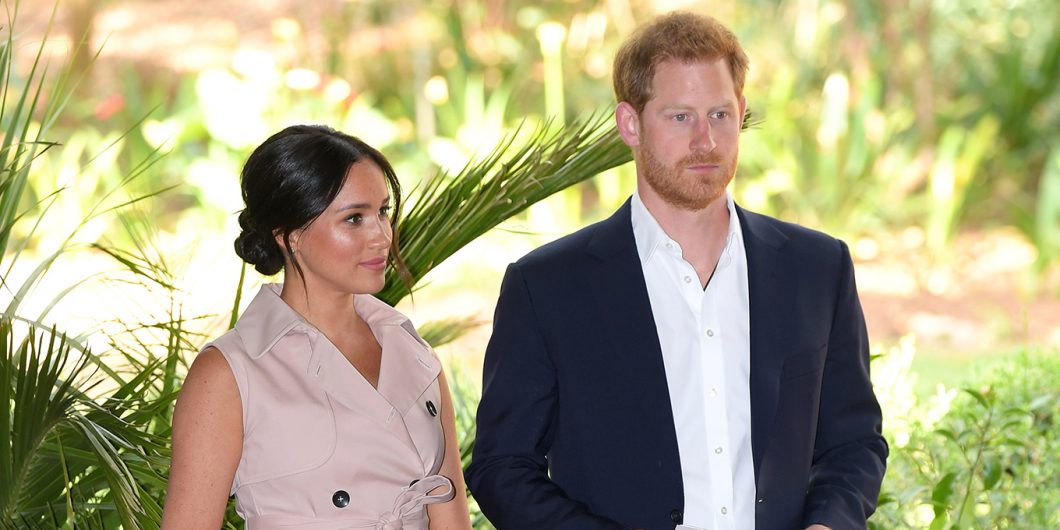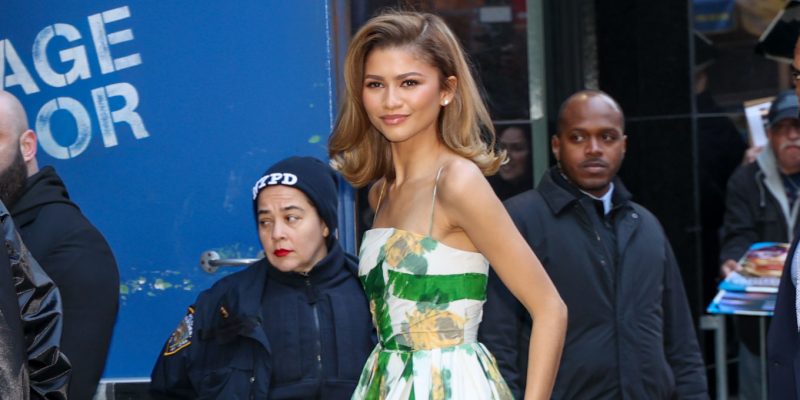Culture
Prince Harry and Meghan Address Racial Injustices in New Video Message
During a Queen's Commonwealth Trust video call, the Duke and Duchess of Sussex spoke to young leaders about equal rights.

Read Next

Fashion
Zendaya Welcomes Spring in a Retro Floral and Tulle Dress
Another day, another preppy tennis-core look.

Culture
A Joe Alwyn Source Explains Why He Didn’t Want to Talk About Dating Taylor Swift
Following the release of The Tortured Poets Department, new insight about the British actor’s decision emerges.

Culture
This University Elevates Women to New Professional Heights
You shouldn’t have to pause your life to move forward in your career.




